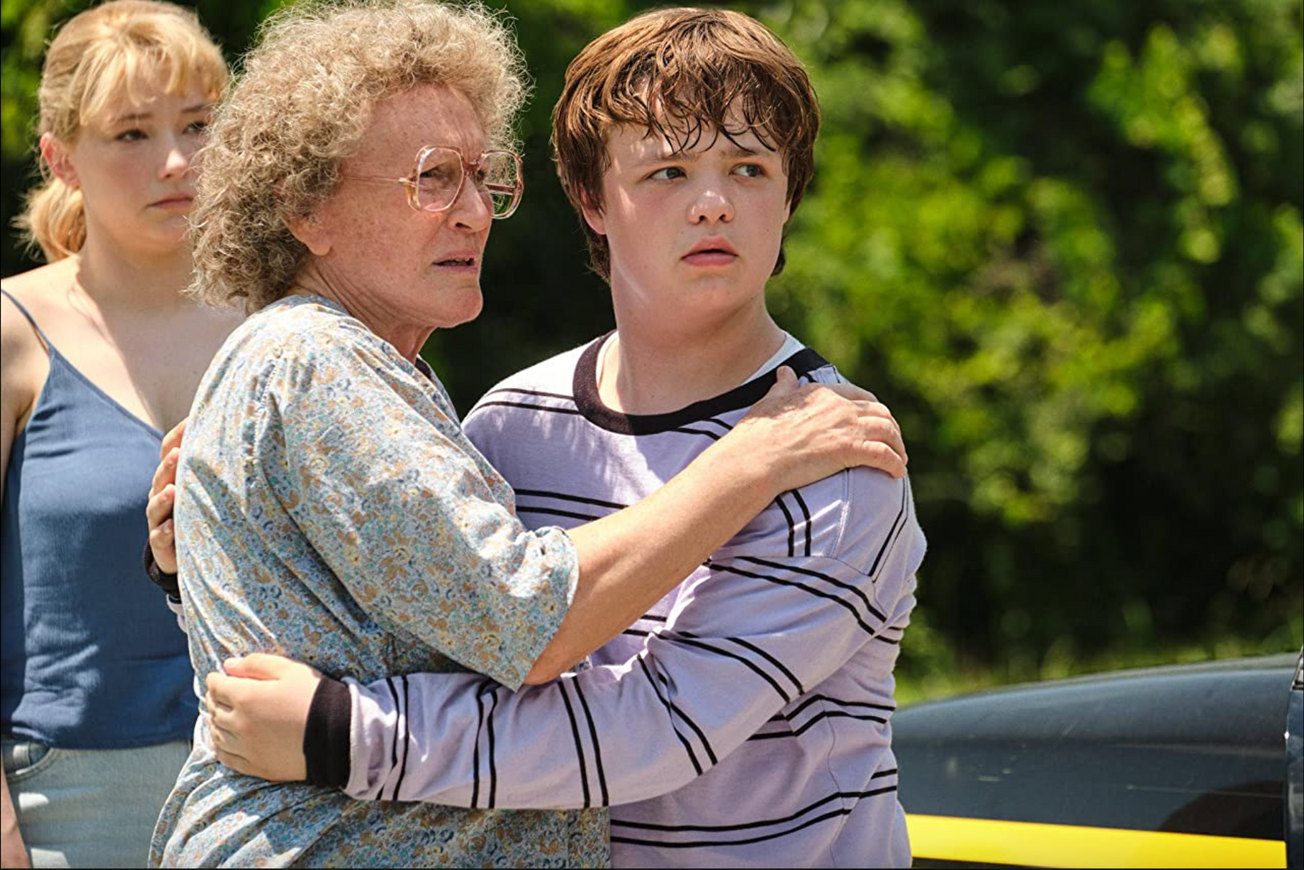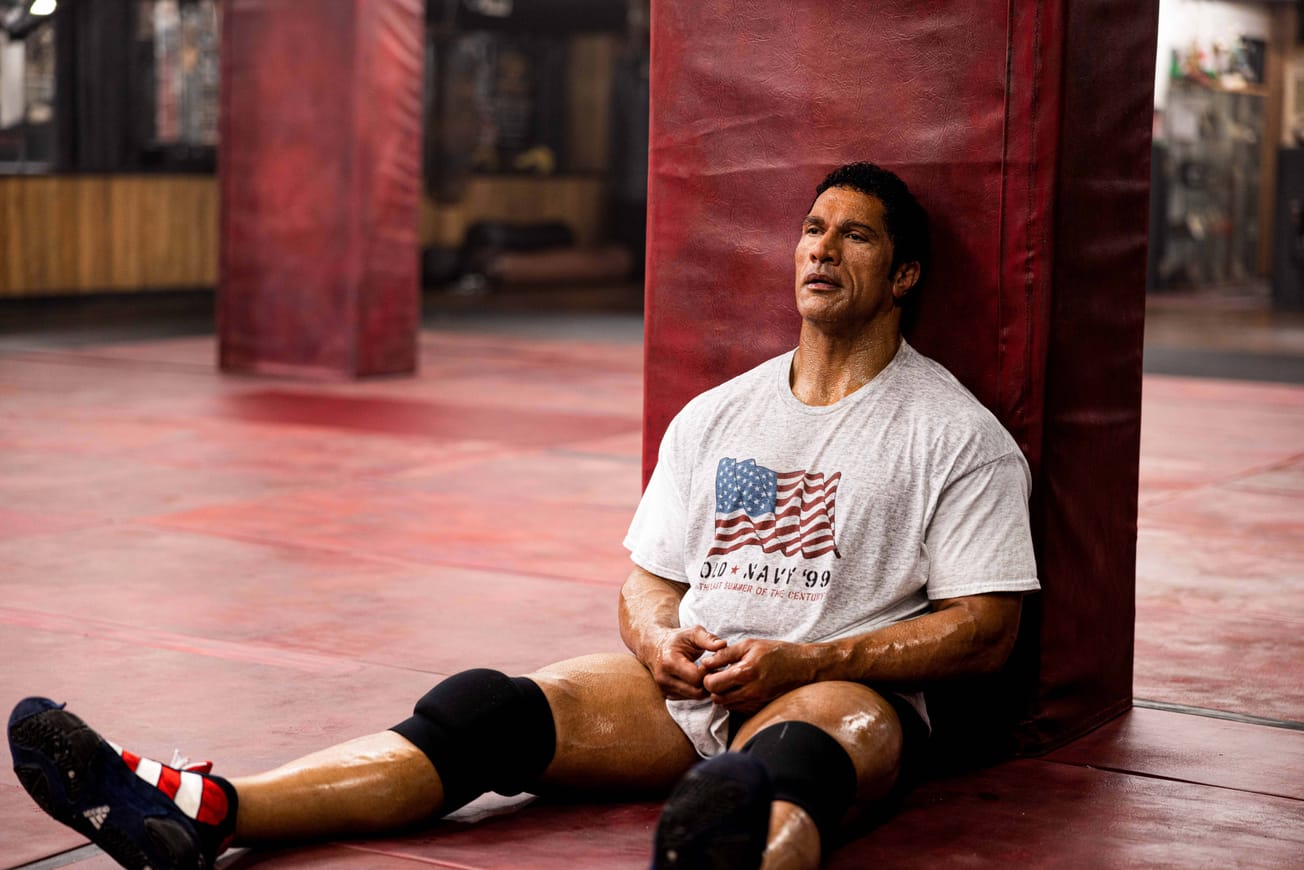By George Lanigan, Third Year, English Literature
Ron Howard’s directorial record has had a consistently mixed reception, from critically panned films such as The Dilemma (2011) and Inferno (2016), to award-winning efforts such as A Beautiful Mind (2001) and Rush (2013). His new film, Hillbilly Elegy (2020), had attracted award-season hope but has instead received largely negative reviews.
Hillbilly Elegy is not an especially unlikeable film, but misses the mark, proving emotionally ineffective. Adapted from the 2016 memoir by J.D. Vance, the film tells the story of the author (played by Gabriel Basso) as a Yale law student drawn back to his Appalachian hometown. The use of flashbacks then explores his family’s history, particularly the troubled relationship between his mother (Amy Adams) and grandmother (Glenn Close).
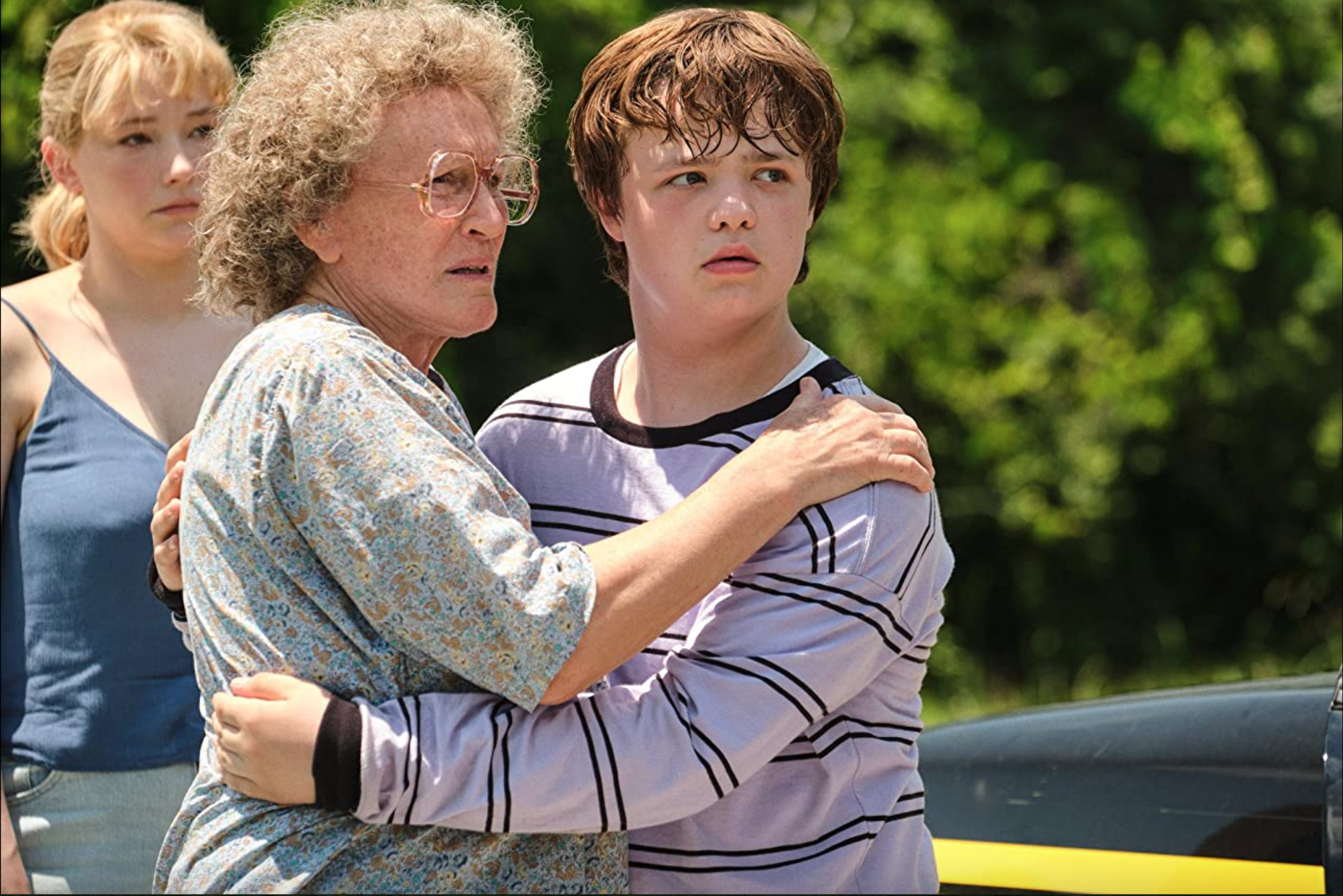
The narrative switches repeatedly between the present-day and the past, never truly finding the right balance to evoke the melancholy that Howard is clearly aiming for. The director utilises an orchestral score, written by Hans Zimmer and David Fleming, in an effort to nudge the viewer into such an emotional engagement that the film never quite achieves.
The film also struggles in terms of balancing its tone, which shifts abruptly and unsubtly. Within moments, scenes escalate erratically. For instance, a sequence where Adams’s character begins rollerblading around the hospital where she is working, to the backdrop of Bananarama, feels particularly jarring and unmotivated.
The screenplay sacrifices subtext for on-the-nose dialogue
Adams is strong in her role of Bev Vance and excels in her portrayal of a sympathetic but deeply flawed drug-addicted mother. The hair and make-up team have done a fantastic job of ageing her, in fact a post-credits sequence highlights how similar to the real people the book is based on all the cast are made to look. Like Adams, Close inhabits her role with great aplomb, dealing out brilliant foul-mouthed tirades (‘I wouldn’t spit on her ass if her guts were on fire!’).
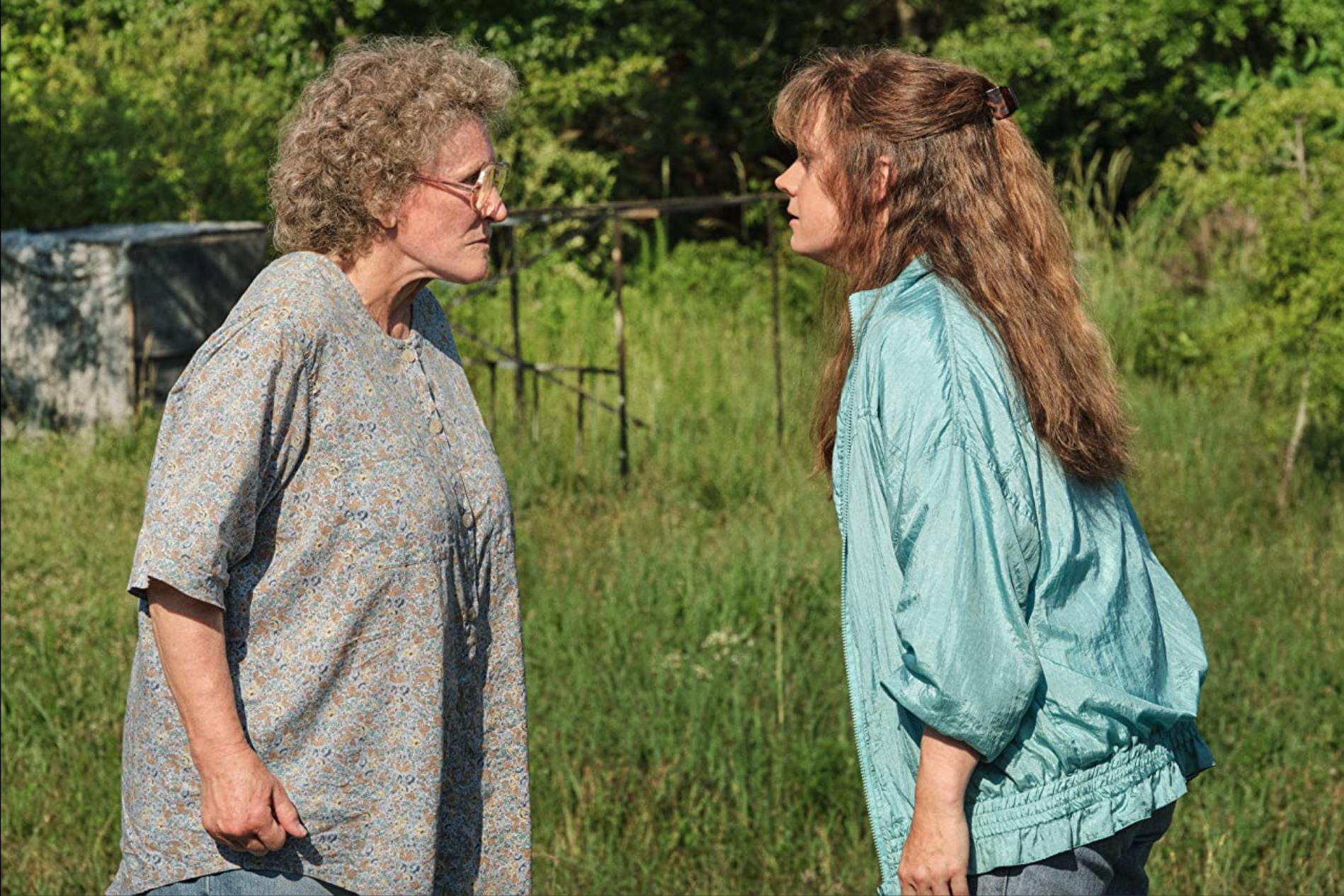
Yet these roles at times descend into caricature, while certain characters, such as J.D.’s girlfriend, Usha (played by Freida Pinto), remain under-developed throughout.
The exertion of the actors does not save the film, as the action becomes desperately repetitive and clichéd, going through the motions of a well-trodden cinematic path of recovery and redemption. Over the course of the film, Hillbilly Elegy simply becomes bland. It is a film that could have easily lost twenty minutes, if it had been more shrewdly edited and the screenplay stripped further to its narrative core, which becomes more than a little muddled.
The screenplay sacrifices subtext for on-the-nose dialogue at times. For instance, J.D. rather clunkily says about his mother, ‘I know she messed up, and she’s had a history of it, but she also has a history of being a pretty good person.’ The script also features a narration that is rather ponderous and adds very little.
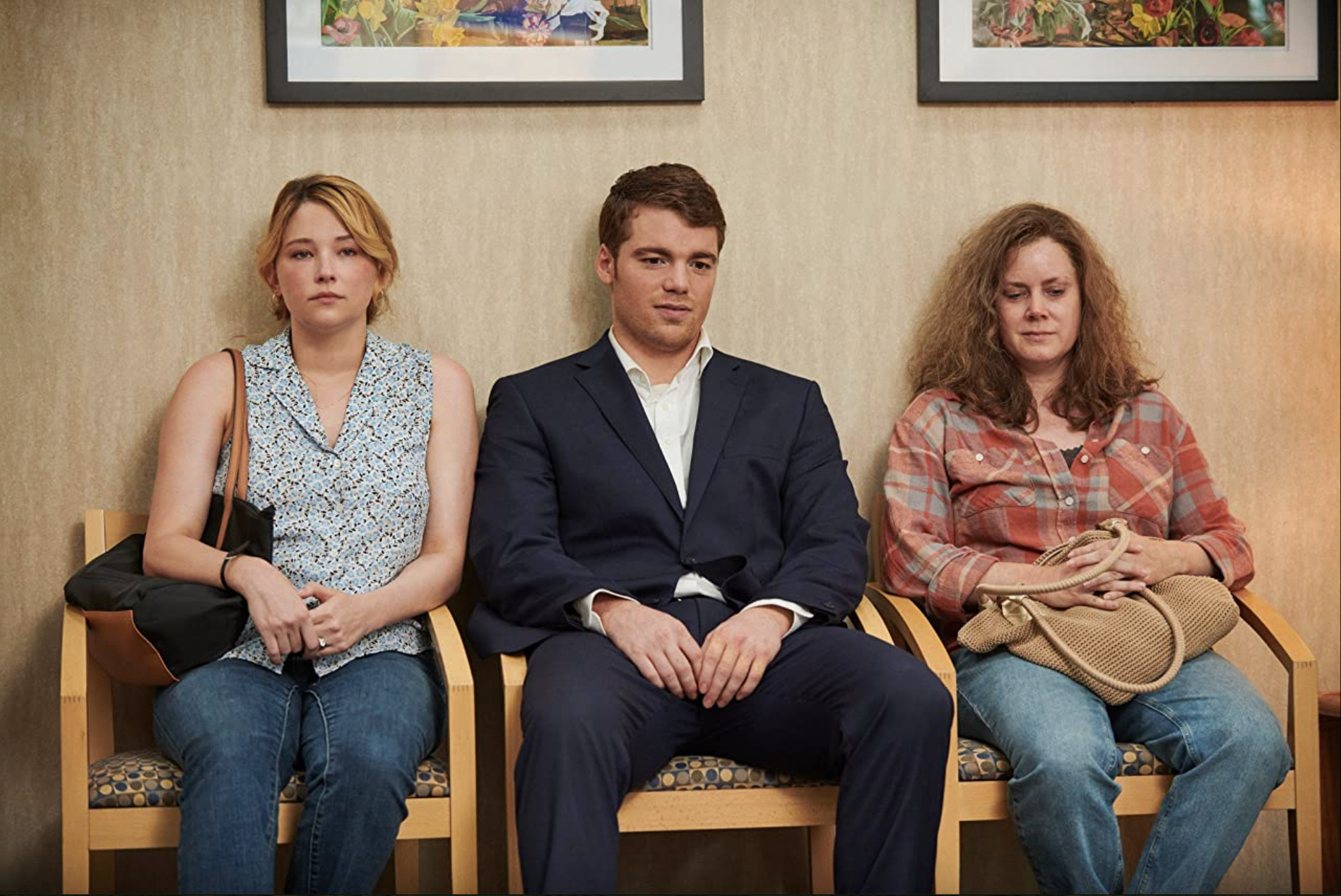
Howard’s direction seems to wrestle between a character study of Adams’s character and a coming-of-age movie about J.D., settling somewhere awkwardly in between. Throughout the narrative, no matter how high the melodramatic action is amped up on the screen, the film consistently struggles to conjure any sort of poignancy. Hillbilly Elegy has a well-meaning redemptive narrative at its heart but falls short of innovation, ultimately proving a dissatisfying watch. It is not a disastrous film overall, but it drifts into a level of mediocrity that is unexpected given the impressive credentials of the cast and crew.
Featured: IMDb
Were you impressed by the performances in Hillbilly Elegy?

